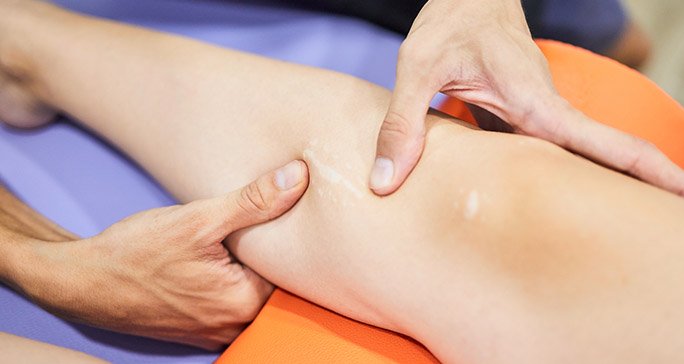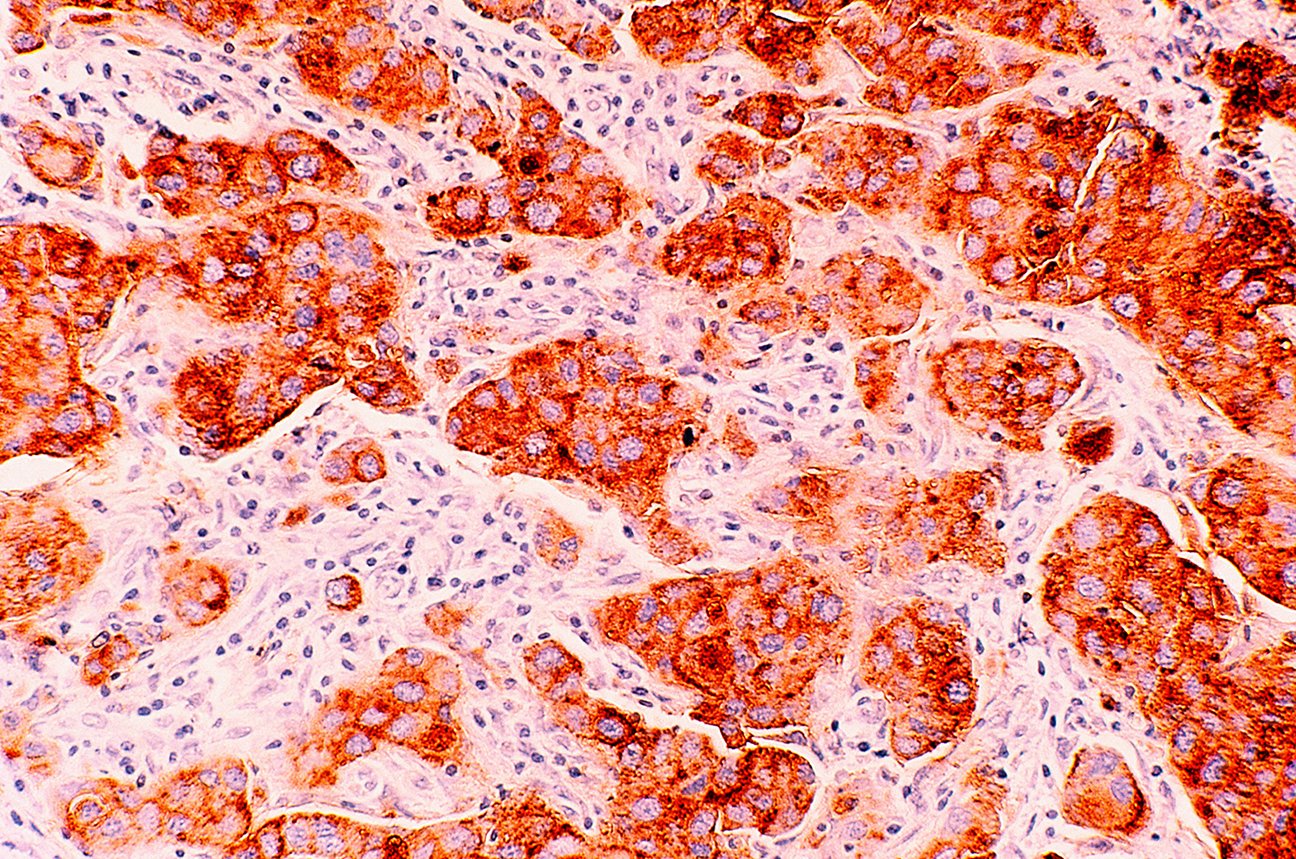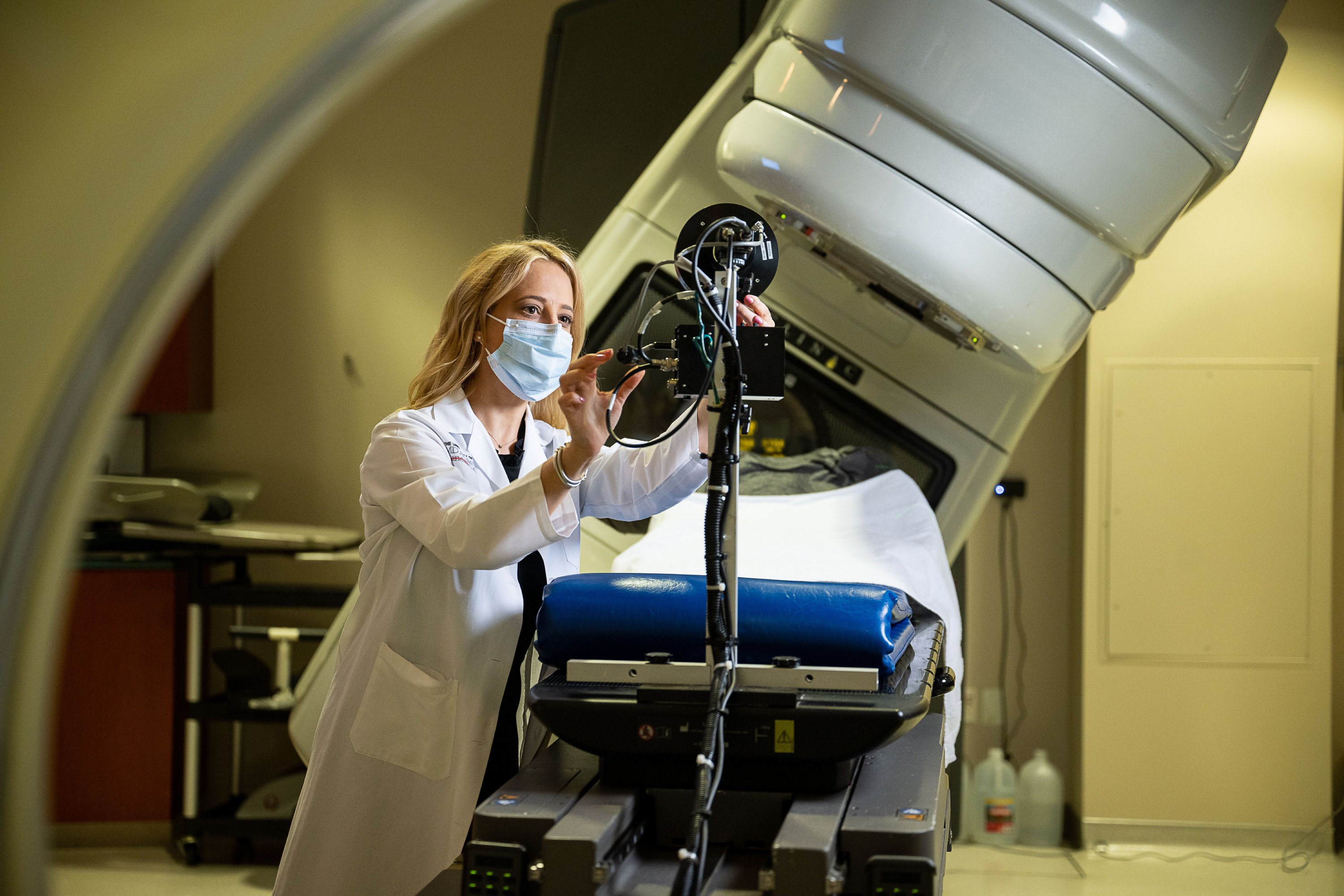- Diseases
- Acoustic Neuroma (14)
- Adrenal Gland Tumor (26)
- Anal Cancer (68)
- Anemia (2)
- Appendix Cancer (16)
- Bile Duct Cancer (26)
- Bladder Cancer (72)
- Brain Metastases (28)
- Brain Tumor (232)
- Breast Cancer (716)
- Breast Implant-Associated Anaplastic Large Cell Lymphoma (2)
- Cancer of Unknown Primary (4)
- Carcinoid Tumor (8)
- Cervical Cancer (160)
- Colon Cancer (166)
- Colorectal Cancer (118)
- Endocrine Tumor (4)
- Esophageal Cancer (44)
- Eye Cancer (36)
- Fallopian Tube Cancer (8)
- Germ Cell Tumor (4)
- Gestational Trophoblastic Disease (2)
- Head and Neck Cancer (12)
- Kidney Cancer (128)
- Leukemia (342)
- Liver Cancer (50)
- Lung Cancer (286)
- Lymphoma (278)
- Mesothelioma (14)
- Metastasis (30)
- Multiple Myeloma (100)
- Myelodysplastic Syndrome (60)
- Myeloproliferative Neoplasm (6)
- Neuroendocrine Tumors (16)
- Oral Cancer (100)
- Ovarian Cancer (172)
- Pancreatic Cancer (160)
- Parathyroid Disease (2)
- Penile Cancer (14)
- Pituitary Tumor (6)
- Prostate Cancer (146)
- Rectal Cancer (58)
- Renal Medullary Carcinoma (6)
- Salivary Gland Cancer (14)
- Sarcoma (240)
- Skin Cancer (298)
- Skull Base Tumors (56)
- Spinal Tumor (12)
- Stomach Cancer (64)
- Testicular Cancer (28)
- Throat Cancer (92)
- Thymoma (6)
- Thyroid Cancer (100)
- Tonsil Cancer (30)
- Uterine Cancer (82)
- Vaginal Cancer (18)
- Vulvar Cancer (20)
- Cancer Topic
- Adolescent and Young Adult Cancer Issues (20)
- Advance Care Planning (10)
- Biostatistics (2)
- Blood Donation (18)
- Bone Health (8)
- COVID-19 (362)
- Cancer Recurrence (120)
- Childhood Cancer Issues (120)
- Clinical Trials (632)
- Complementary Integrative Medicine (22)
- Cytogenetics (2)
- DNA Methylation (4)
- Diagnosis (232)
- Epigenetics (6)
- Fertility (62)
- Follow-up Guidelines (2)
- Health Disparities (14)
- Hereditary Cancer Syndromes (128)
- Immunology (18)
- Li-Fraumeni Syndrome (10)
- Mental Health (116)
- Molecular Diagnostics (8)
- Pain Management (62)
- Palliative Care (8)
- Pathology (10)
- Physical Therapy (18)
- Pregnancy (18)
- Prevention (920)
- Research (392)
- Second Opinion (74)
- Sexuality (16)
- Side Effects (604)
- Sleep Disorders (10)
- Stem Cell Transplantation Cellular Therapy (216)
- Support (402)
- Survivorship (322)
- Symptoms (182)
- Treatment (1786)
6 things to know before radiation therapy
3 minute read | Published March 31, 2015
Medically Reviewed | Last reviewed by an MD Anderson Cancer Center medical professional on March 31, 2015
As part of my vulvar cancer treatment, I underwent five days of radiation therapy treatments for six weeks.
Going into it, I had no idea what to expect, and after about two weeks, I started to feel like a baked potato that had been left in the microwave too long.
Today, I'm cancer-free, so in the end it was worth it. But it was difficult at times. Here are some things I wish I would have known before starting radiation therapy.
- It's important to be flexible. Your scheduled appointments will be "fluid". This means from one day to the next, your appointment could be anywhere from an hour early to an hour later. There will be people who cancel at the last minute and others who require more time than expected. Just be ready, and try not get upset by the changes.
- You will be fitted for a cradle. Not the kind you slept in as a child. Similar to a beanbag chair that hardens to your shape, the cradle will help keep you in place for radiation therapy. Every day I was grateful for the cradle. It allowed the radiation to reach the tumor while protecting the healthy parts of my body.
- You will be tattooed. Your care team will tattoo a few tiny dots on you in your affected area so they can line up the machine correctly with your tumor. The needle is tiny, and it doesn't hurt. Still, I cried. I have never had a tattoo, and I didn't want one. I didn't know having cancer would mean I would have tattooed dots on me the rest of my life. It's a little thing, but I wish someone would have told me beforehand.
- Your skin will begin breaking down, or at least that's how the doctors describe it. What does that mean exactly? It means your skin will become red and sensitive in the affected area, and then will dissolve. You will have some open burns, but Aquaphor or some other healing ointment can help.
- It does hurt. The hardest part of treatment for me was climbing back on that treatment table during the fifth or sixth week of treatment. That is where raw courage and strength will be required. It took all my self-discipline to do it. I did it because I want to live.
- You will have side effects the rest of your life. Just expect it. It's a small price to pay for surviving cancer. For me, it's lymphedema, or swelling, in my left leg. Because they took out some lymph nodes, the fluids and blood flow were now getting trapped in my lower leg. But compression sleeves and a compression pump can help reduce swelling and pain. So, there you go. I hope this will help prepare you for your radiation journey. It's not going to be a walk through the park, but it's not all bad. You meet some wonderful people in the waiting areas, and the technicians remember your name and start encouraging you.
Cancer is a harsh thing and the treatments are harsh, but you are stronger. Radiation saved my life. I have been cancer free for a year-and-a-half. I am back working full-time and enjoying every day.
So, when things get tough, remember: you can do this. It's so worth it!

Cancer is a harsh thing and the treatments are harsh, but you are stronger.
Jami Mayberry
Survivor





